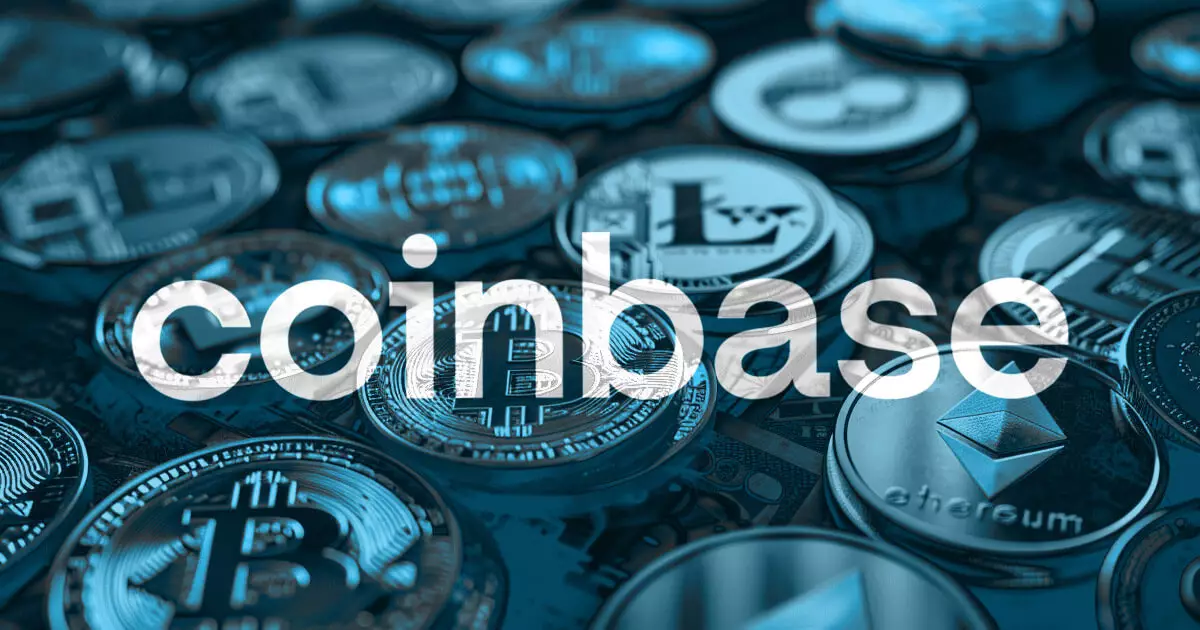In a significant reveal, Paul Grewal, the Chief Legal Officer of Coinbase, disclosed critical documents that shed light on the Federal Deposit Insurance Corporation’s (FDIC) unsettling stance towards banks engaging in crypto services. The documents, made public on December 6, 2024, detail a range of recommendations directed at financial institutions to suspend or altogether avoid not just complex cryptocurrency offerings, but even basic Bitcoin transactions. This apparent systematic attempt to curtail crypto activities has stirred concern among industry advocates and raises questions about the broader implications for the burgeoning digital asset landscape.
Descriptive labels such as “pause letters” have been attributed to these communications, as they consistently encourage banks to refrain from participating in the crypto space. Grewal emphasized that these letters point to a coordinated initiative aimed at limiting various crypto activities. Specifically, the correspondence is rooted in a Freedom of Information Act (FOIA) request filed by Coinbase, which sought transparency regarding an alleged 15% deposit cap imposed on banks associated with cryptocurrency. Initially, the FDIC’s response was replete with redactions, igniting further demands for more transparent disclosures.
The documents’ unveiling has spurred calls for congressional hearings, as evidenced by Grewal’s insistence on the need for swift action. He articulated concerns that Operation Chokepoint 2.0 is in full effect — a covert endeavor allegedly crafted by the Biden administration to stifle the expansion of the U.S. crypto sector by limiting access to traditional banking services. This aligns with past claims that government agencies may be overstepping their mandates at the behest of regulatory caution, potentially hindering innovation in the digital economy.
FDIC’s Internal Guidelines Contradiction
Adding to the complexity of the situation, the FDIC has publicly addressed the matter by releasing a memorandum from 2022 that outlines guidelines for banks contemplating involvement in cryptocurrency. Despite Grewal’s assertions indicating a directive discouraging banks from adopting crypto, the FDIC’s internal documents do not overtly instruct supervisors against overseeing banks engaging with digital currencies. They even propose a template for responding to banks that express their intent to venture into the crypto ecosystem, hinting at some level of regulatory recognition.
Implications for the Crypto Industry
The ramifications of this revelation extend beyond immediate policy discussions. Industry stakeholders in the United States are particularly anxious about sustained access to banking services, viewing it as pivotal for the crypto sector’s growth and legitimacy. The current administration’s stance and its future direction post-presidential elections bring both anxiety and hope for crypto advocates. The expectation is that incoming leadership, such as President-elect Donald Trump, might address highlighted banking restrictions from day one of his term.
The unfolding situation highlights a profound tension between regulatory oversight and innovation within the cryptocurrency domain. As the crypto space continues to evolve, stakeholders must remain vigilant in advocating for progressively principled regulations that can foster a secure, yet accommodating environment. The battle for access to banking services could very well shape the future of digital assets in America, making this a critical moment for the industry and its regulatory landscape.















